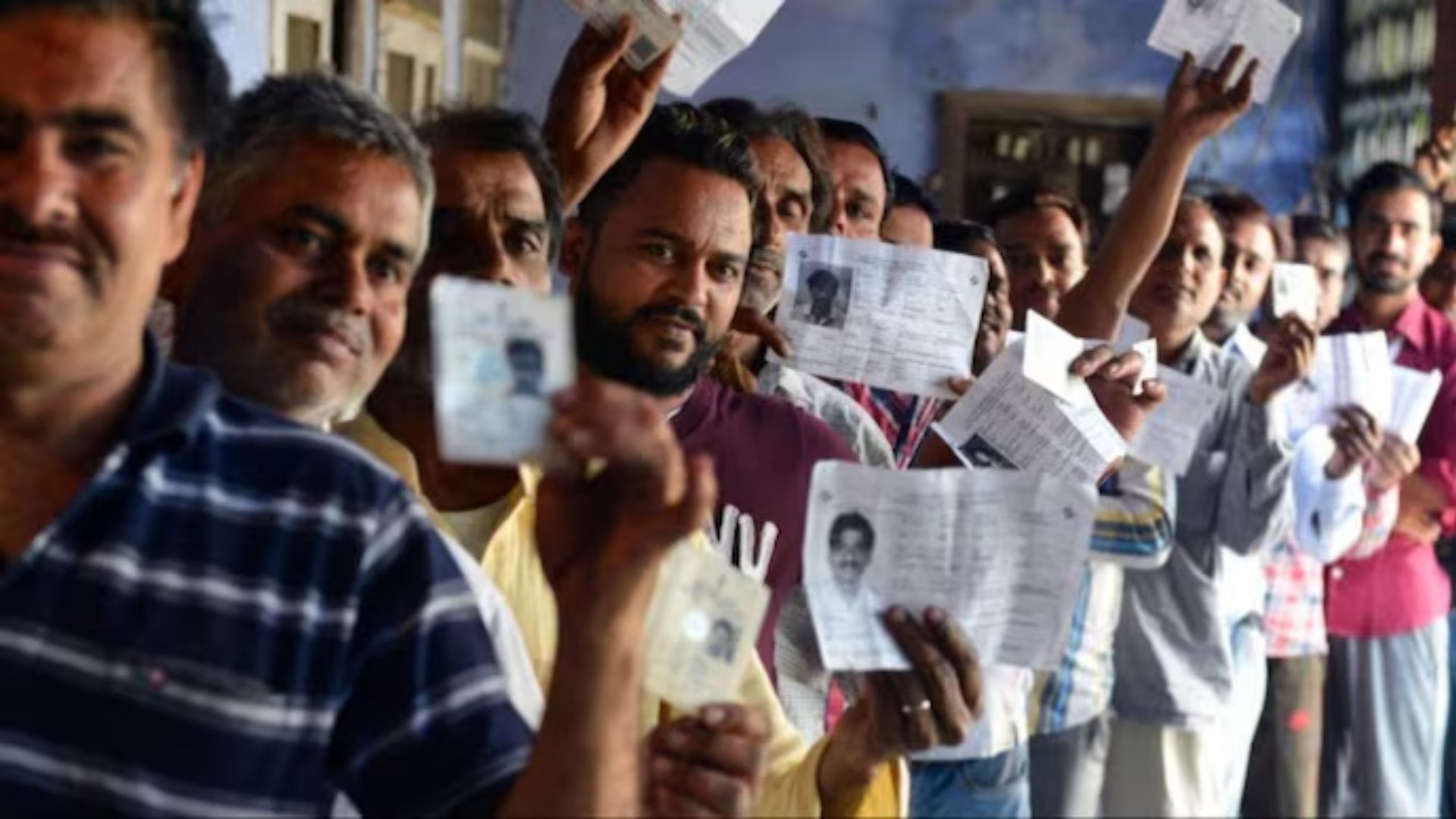On Saturday, the Election Commission of India (ECI) once again adjusted polling dates, this time for the Haryana assembly elections. Initially scheduled for October 1, the new polling date is set for October 5, following requests from political parties and the All India Bishnoi Mahasabha. The change was made to accommodate the migration of the Bishnoi community to Rajasthan for the Asoj Amavasya festival.
This latest change reflects a broader trend where the ECI has had to revise election dates five times in the past two and a half years due to religious festivals or significant events. This underscores the considerable impact that religious considerations have on the electoral process in India.
Chief Election Commissioner Rajiv Kumar has emphasized that the ECI engages extensively with stakeholders when setting election dates. Despite these consultations, changes have frequently been necessary. For instance, in February 2022, the election dates for Punjab and Manipur were rescheduled to respect community observances. The Punjab assembly elections were moved from February 14 to February 20 to avoid clashing with Guru Ravidas Jayanti, while in Manipur, the dates were shifted to prevent conflicts with Sunday church services, altering the first phase from February 27 to February 28 and the second phase from March 3 to March 5.
In Rajasthan, the polling date was changed from November 23 to November 25, 2022, to avoid coinciding with Devuthani Ekadashi, a significant Hindu festival. Similarly, for the 2023 Mizoram elections, the counting date was moved from December 3, a Sunday, due to its cultural importance.
The Uttar Pradesh elections in 2012 also saw a significant shift, with polling dates moved from February 4 to March 3 due to uncertainty around Barawafat, the birth anniversary of Prophet Mohammad. This required adjustments in the counting dates for multiple states.
While the ECI is open to considering requests for date changes, it ultimately has the authority to decide whether such changes are feasible. An ECI official explained that while they strive to accommodate requests, balancing the diverse needs of India’s vast population is challenging. Elections involve extensive logistical planning, including the deployment of security forces and government staff, which can limit the ability to adjust dates for every religious or cultural event.
The ECI does not always comply with date change requests. For example, in March 2019, the commission declined to move the polling date in Tamil Nadu from April 18, despite it coinciding with Maundy Thursday and the Chithirai festival. The ECI argued that changing the date would disrupt the overall election schedule. Similarly, for the 2024 Lok Sabha elections, the ECI did not adjust dates despite requests from Muslim organizations in Kerala to avoid Fridays.
These repeated changes in polling dates highlight the ongoing challenge for the ECI in balancing religious considerations with the logistical demands of conducting elections in a diverse and complex nation like India.







